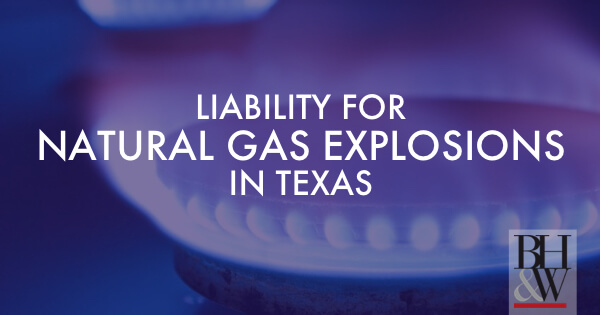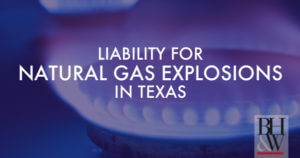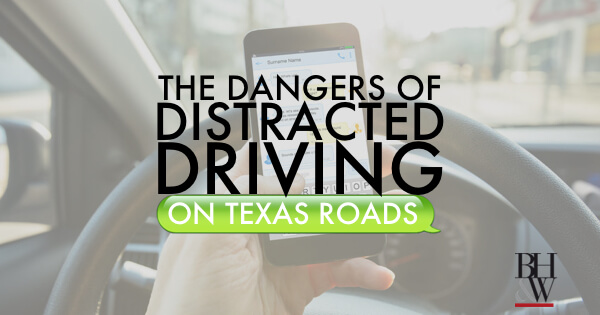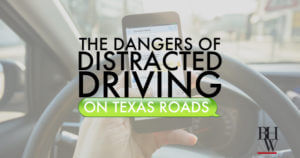 Since the invention of cellphones and the growing popularity of texting, car accidents resulting from distracted driving have increased year after year. According to the National Highway Traffic Safety Administration (NHTSA), distracted driving claimed 3,477 lives and injured 391,000 people nationwide in 2015. The Texas Department of Transportation (TxDOT) reports that 1 in 5 crashes in Texas are caused by distracted driving. This is a nationwide issue that is taking the lives of Americans every day. However, distracted driving is an issue that can be prevented.
Since the invention of cellphones and the growing popularity of texting, car accidents resulting from distracted driving have increased year after year. According to the National Highway Traffic Safety Administration (NHTSA), distracted driving claimed 3,477 lives and injured 391,000 people nationwide in 2015. The Texas Department of Transportation (TxDOT) reports that 1 in 5 crashes in Texas are caused by distracted driving. This is a nationwide issue that is taking the lives of Americans every day. However, distracted driving is an issue that can be prevented.
What is Distracted Driving?
The NHTSA defines distracted driving as “any activity that diverts attention from driving.” There are three types of distractions, according to DMV.org; visual, manual, and cognitive. Visual distractions involve taking your eyes off the road, for example looking at something in the vehicle or an event taking place on the side of the road. Manual distractions include removing one or both hands from the steering wheel, such as adjusting the air conditioning controls or radio. Cognitive distractions take your mental focus and attention away from driving, for example, day dreaming or deep thinking. Common distractions include eating, drinking, smoking, talking on the phone, talking to a passenger, adjusting the radio or air conditioner, looking in the mirror, applying makeup or shaving, watching a video, responding to emails, and texting. Using a cellphone or texting while driving is incredibly dangerous because it combines visual, manual, and cognitive distractions. To send a text while driving, a driver takes his eyes off the road to look down at his phone screen, he takes at least one hand off the steering wheel to hold the phone, and stops paying attention mentally to think about what he is typing. Looking down at the phone just for 5 seconds while going 55 mph means that the vehicle traveled the distance of a football field without the driver paying any attention. In that distance, many things can happen, including an accident with devastating effects.
Distracted Driving Impact on Texas
Distracted driving is a growing problem in Texas. In 2016, TxDOT reported that distracted drivers in Texas caused:
- 109,658 crashes (a 3% increase from 2015),
- 3,000 injuries, and
- 455 deaths
In Tarrant County alone, distracted drivers were responsible for 8,210 crashes, 23 of which were fatal crashes in 2016.
Texas Laws Regarding Texting While Driving
Laws regulating cellphone use while driving differ between states and cities. As of September 1, 2017, the use of a “wireless communication device for electronic messaging” while operating a motor vehicle is prohibited in the state of Texas after the adoption of House Bill Number 62. The offense is considered a misdemeanor and punishable with a fine between $25-$99, however it may increase to between $100-$200 if there is a prior conviction for the same offense. This includes texting and emailing while driving. The Texas Transportation Code Title 7. Sections 545.424, 545.425, 545.4251, 545.4252 provides, in relevant part:
- If the driver is under 18, they cannot use a wireless communication device.
- A bus driver may not use a wireless communication device while operating the bus if a minor is present.
- All drivers are prohibited from using handheld devices while driving in school zones.
Exceptions to these laws exist for cases of emergency, reporting illegal activity, using a hands-free device, using a global positioning system, playing music, or when the device is permanently affixed to the vehicle and is part of the operator’s duties.
Ways to Bring About Change in Distracted Driving
Distracted driving isn’t someone else’s problem. It’s our problem and it could impact you or your loved ones. There is no badge of honor for multitasking while driving. We all share the road and when we are distracted while we are driving, we endanger the lives of everyone around us. Here some things you can do to prevent distracted driving and make a difference on the road:
1. Eliminate Distractions
Before you start driving, enter your destination into the GPS, adjust the air conditioning, find the right radio station or queue up your songs, and send your last text or email. Secure loose objects that might roll around once you start driving so you aren’t temped to reach for them and so they don’t roll under your feet. Take care of grooming and eat at home. Get everything done before you start driving. If you absolutely need to respond to something, pull over to a safe spot on the side of the road.
2. Some Apps are Good
Recent iPhone software iOS 11 has a “Do Not Disturb While Driving” feature that can be manually or automatically enabled or be activated when connected to a car Bluetooth system. This feature can sense when you are driving and silences notifications such as text messages. It can even send an auto-reply to people who have messaged you, telling them that you are busy driving. Phone calls will only come in if connected to a Bluetooth hands-free system. The customizable feature can be found in the “Settings” app under “Do Not Disturb.” An app with similar functions is “LifeSaver,” which can be downloaded in the App Store or in Google Play.
3. Speak Up When You are Riding With a “Distracted Driver”
While we can only control our own actions, we can encourage those we ride with to avoid distracted driving as well. When you’re a passenger in a vehicle and the driver is distracted, speak up and remind them about the importance of focusing while driving. Offer to take care of the distraction for them. Politely tell them that you’re uncomfortable riding in their car while they’re distracted. Talk to your friends and family about the dangers of distracted driving and hold each other accountable.
4. Make a Pledge
Hold yourself accountable by making a pledge not to drive distracted. There are many websites with pledges, some where you can donate to different foundations or dedicate your pledge to someone, such as the “Just Drive” pledge with the National Safety Council.
Injured By a Distracted Driver? Free Case Evaluation
If you or a loved one have been injured by a distracted driver, contact our personal injury attorneys for a free case evaluation. We have offices in Fort Worth and Keller or we can send one of our attorneys to meet with you if you have a difficult time traveling. We do not charge any fees for injury cases unless we win a damages award for you. Contact us today at (817) 993-9249 or send us a message.
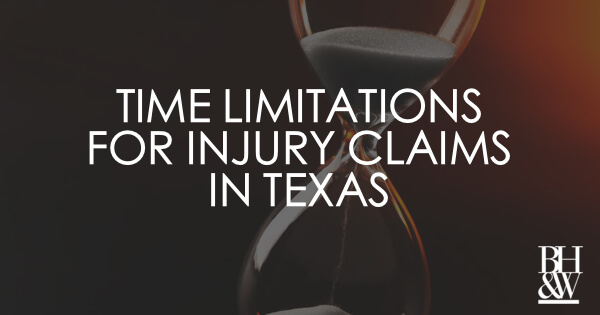
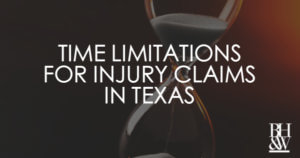 If you’ve been injured by someone else’s negligent or intentional act, you have a set amount of time to file a lawsuit seeking a remedy for your injury. This time limit is known as a statute of limitations and it is outlined in Chapter 16 of the Texas Civil Practice & Remedies Code.
If you’ve been injured by someone else’s negligent or intentional act, you have a set amount of time to file a lawsuit seeking a remedy for your injury. This time limit is known as a statute of limitations and it is outlined in Chapter 16 of the Texas Civil Practice & Remedies Code.
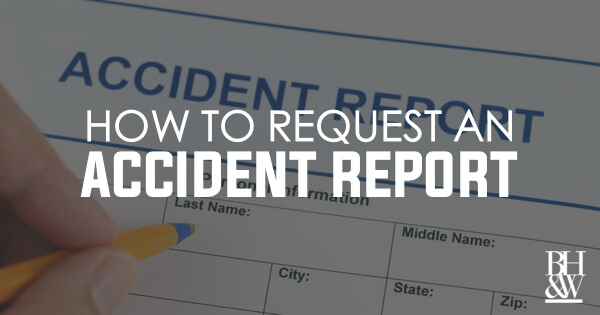
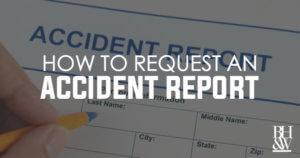 If you or a loved one has been injured in an accident, an experienced
If you or a loved one has been injured in an accident, an experienced 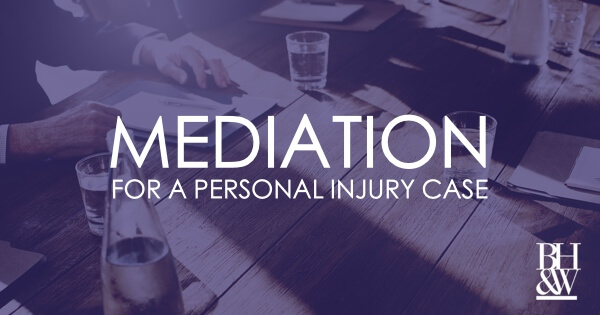
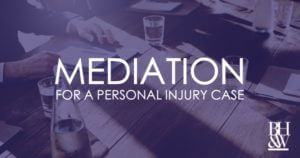 As a
As a 